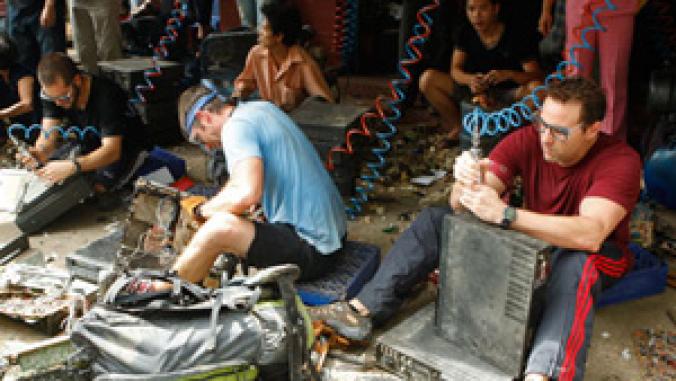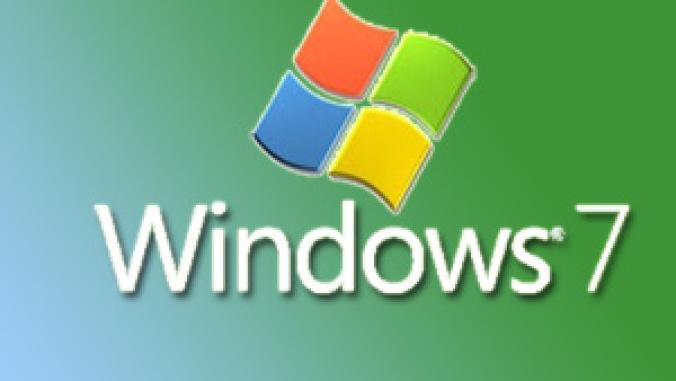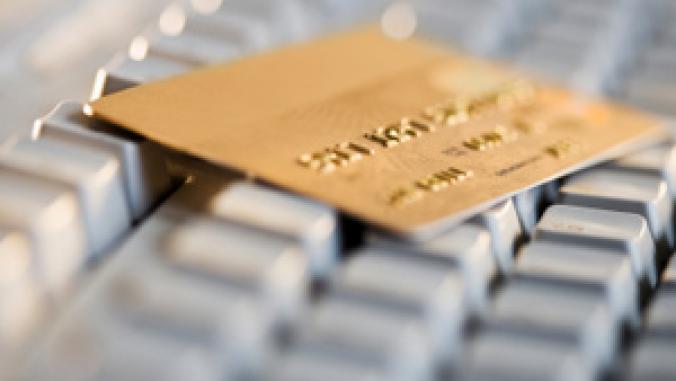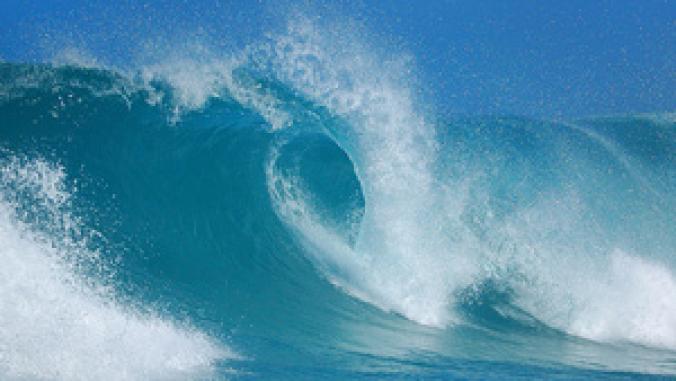Greenpeace Rates the "Greenness" of PC Makers
The "greenness" of companies that sell PCs, IT equipment, and electronics has become increasingly important to enterprises that want to build green data centers or make IT more environmentally friendly. So the latest Greenpeace rankings are well worth reading.
The "greenness" of companies that sell PCs, IT equipment, and electronics has become increasingly important to enterprises that want to build green data centers or make IT more environmentally friendly. So the latest Greenpeace rankings are well worth reading.
Like Greenpeace or not, the environmental pressure group always has something useful and compelling to say, even if it's controversial. And its latest rankings of electronics makers are no different. Greenpeace rates 18 electronics companies that make PCs and consumer electronics, such as cell phones and other devices.
One big surprise: Apple is near the bottom of the pack, at number 14, with a 4.3 ranking out of 10. Apple has touted it greenness previously, but Greenpeace is not overly impressed. It lauds the company for "putting products on the market whose key components are free of brominated flame retardants (BFRs) and PVC vinyl plastic." It then adds that Apple, "needs to commit to phasing out additional substances with timelines, improve its policy on chemicals and its reporting on chemicals management. Apple scores poorly on most e-waste criteria."
Nokia is at the top of the pack, with the top rating of 6.9.
As for PC makers, Toshiba weighs in as the best one with an overall ranking of 5.9. Greenpeace lauds Toshiba because "93% of new PC platforms developed since July 07 can be configured to meet Energy Star 4." In addition the company "supports global cuts in GHG emissions and greater cuts for industrialised countries; it also scores points for disclosing greenhouse gas emissions from its own operations and committing to an absolute reduction in GHG emissions." And Greenpeace adds. "It has also launched models of laptops with circuit boards free from brominated flame retardants (BFRs), EcoMark-certified products without PVC, and makes other components and parts that are free from these harmful substances."Fujitsu Siemens gets a 5.7, with Greenpeace noting, "Good on energy, scores poorly on electronic waste."
Sony, with a 5.3, "Still has room for improvement on energy." Acer, with a 4.7, "Needs to improve on reducing toxic chemicals and recycling."Of the next big name, Dell with a 4.7, Greenpeace says "Loses points for withdrawing from its commitment to eliminate all PVC plastic and brominated flame retardants (BFRs) by the end of 2009."
HP rates a 4.5, because it "Still needs to improve on e-waste."Lenovo gets only a 3.7, and "Scores well on toxic chemicals, poor on recycling and energy."Microsoft can be found way down near the bottom, rated seventeenth overall, with a 2.9 rating. Comments Greenpeace: "Still scores poorly on recycling and energy."Agree with the rankings or not, they're an excellent starting point for any company who wants to gain an understanding of the environmental policies of their electronics suppliers. Get the details here.





